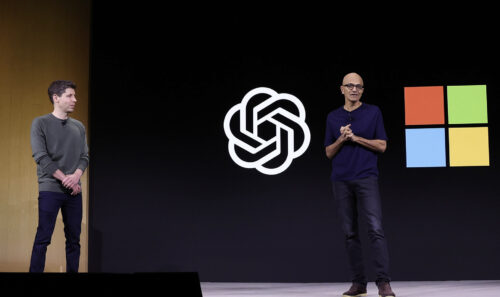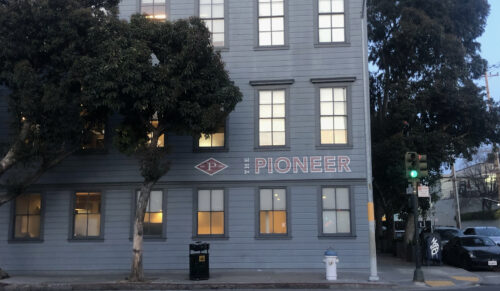
Automation and Datafication of Communication
With the digitalization and profound mediatization of society, questions about the automation of communication and the role of digital data for various social, political and cultural processes are gaining in importance. This is exemplified by the current public discussion about chatbots and ChatGPT, the influence of bots on political communication or the handling of user data by tech companies.
Whether social bots, voice-controlled personal assistance systems or new types of speech generation systems based on machine learning – automated systems that communicate with us are playing an increasingly important role in everyday life. The possible applications are manifold. In journalism, education, political communication or for entertainment: non-human communication participants are increasingly becoming a normal part of everyday media life. This not only affects direct interaction with humans, but also how communication dynamics in societies as a whole change with these systems.
This is precisely where the research focus “Automation and Datafication of Communication” comes in. Because of the rapid technological development, the great potentials but also the risks of communicative artificial intelligence (AI), its social scientific investigation is of particular social importance. For this reason, the ZeMKI is addressing the broad social consequences of automated communication systems and datafication with this research focus. Across the various individual investigations, there is an intensive exchange between the participating labs on questions of the automation of communication.

- Aktiv, Research project
Re-evaluating Governing Principles: Navigating the Integration of Generative AI in Everyday Communication Systems
Funded by: Zentrale Forschungsförderung (ZF), Universität Bremen Elevator Pitch This postdoctoral project examines the socio-technical impact of generative AI integration into communication ecosystems. Through policy analysis, expert interviews, and user surveys, I will reassess how platform values evolve amid ongoing technological and regulatory changes. Project Overview This research investigates the principles shaping generative AI regulation (…)
- Duration: 2024 – 2027
- Project lead: Dr. Rebecca Scharlach

- Active, Research project
Prototypes of social cohesion
Participating institutions: ZeMKI, University of Bremen, Leibniz Institute for Media Research | Hans Bredow Institute (HBI), Hamburg Funding: Research Institute Social Cohesion (RISC) Facebook, X and TikTok promote radicalization and hate speech. Digital platforms and social media are therefore typically seen as problems when it comes to social cohesion. In contrast, this work package focuses (…)
- Duration: 2025 – 2026
- Project lead: Prof. Dr. Andreas Hepp

- Research project
ComAI Research Space (ComAI coordination project)
- Duration: 2025 – 2028
- Project lead: Prof. Dr. Andreas Hepp, Prof. Dr. Christian Katzenbach, Prof. Dr. Wiebke Loosen, Prof. Dr. Cornelius Puschmann, Dr. Gregor Wiedemann

- Active, Research project
Education: ComAI for learning and teaching (ComAI P9)
- Duration: 2025 – 2028
- Project lead: Prof. Dr. Andreas Breiter

- Active, Research project
Political discourse: ComAI and deliberative quality (ComAI P6)
- Duration: 2025 – 2028
- Project lead: Prof. Dr. Cornelius Puschmann, Dr. Gregor Wiedemann

- Research project
Governance: Private ordering of ComAI through corporate communication and policies (ComAI P4)
- Duration: 2025 – 2028
- Project lead: Prof. Dr. Christian Katzenbach

- Active, Research project
Pioneer Communities: Imagining ComAI and its possible futures (ComAI P1)
- Duration: 2025 – 2028
- Project lead: Prof. Dr. Andreas Hepp

- Active, Research project
INDI - INFORMED BY INFLUENCERS
The project Informed by Influencers (INDI) focusses on the way in which knowledge relevant to climate change is disseminated and consumed on social networks. The aim is to determine the proportion of social media posts on this topic and to examine the behaviour of users. In short, we want to answer the question of the (…)
- Duration: 2024 – 2027
- Project lead: Prof. Dr. Cornelius Puschmann

